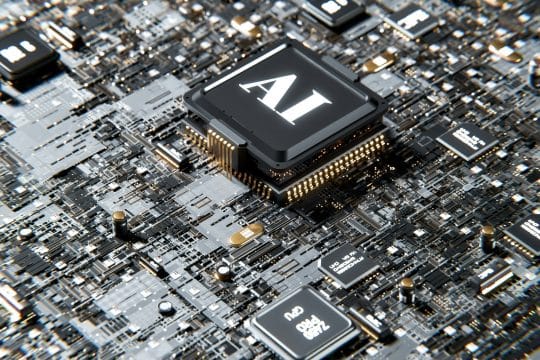Guidelines for the ethical use of AI in business
When a company or an organisation designs or uses artificial intelligence (AI), it has a duty to question how it can develop this technology in a responsible manner, without raising any ethical issues. It falls to both AI designers and the leaders who will use this technology for their company’s activities to establish conscientious practices that follow a series of fundamental guidelines. So, what are those guidelines? An opinion by Diane de Saint-Affrique.







